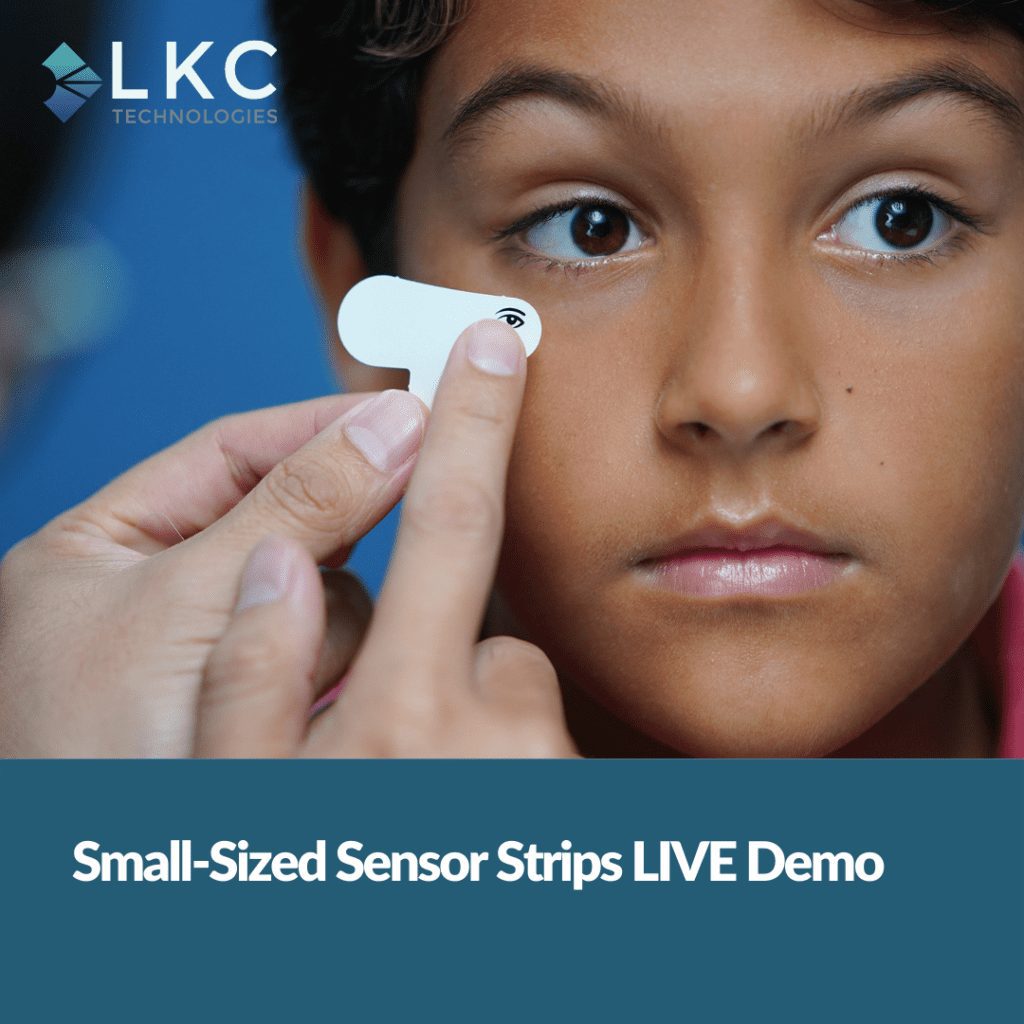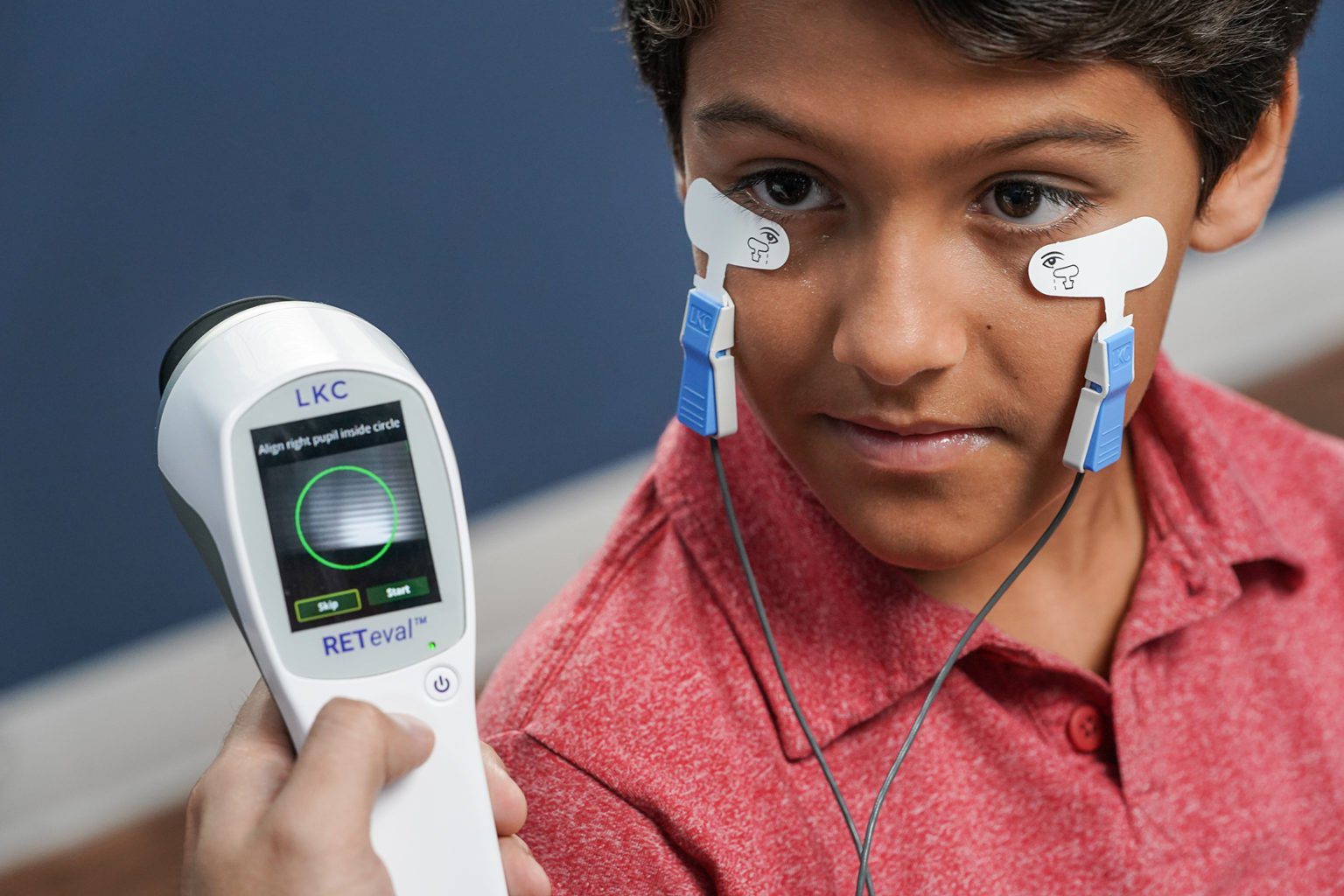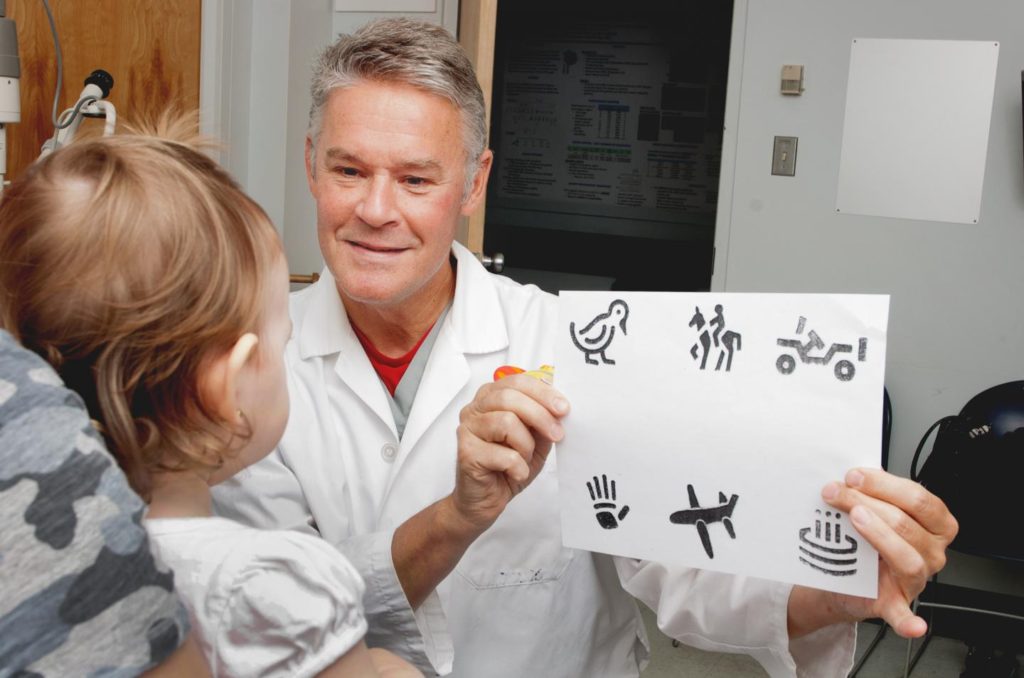Pediatric Ophthalmology is harnessing the power of ERG with unprecedented portability and non-invasive ease
In a pediatric setting, more than any other, ERG testing needs to be fast and easy on the patients, parents, and practitioners alike. Join us for these short in-person and online sessions. Learn from prominent clinicians who have integrated the handheld RETeval Device into their practices…and discovered that ERG testing is powerful, portable, and more versatile than ever.
Featuring:
Dr. Scott Atkinson, MD
Session 1: Integrating Handheld ERG with the RETeval into My Pediatric Clinic
Watch the Live Stream recording Below
Dr. Rob Koenekoop MD, PhD
Session 2: From Babies on Laps to the ICU — ERG Testing on the go
Watch the Live Stream recording Below
Ian M. MacDonald, MSc, MD CM
The RETEval: An Evolution of Handheld ERG for Pediatrics
Watch the Live Stream recording Below
Special Live Demo: New Small-Sized Sensor Strips
Increased Versatility and Non-Invasive
Watch the Live Stream recording Below







